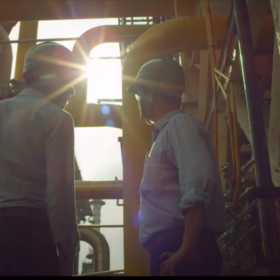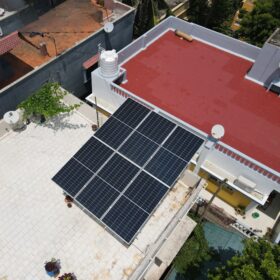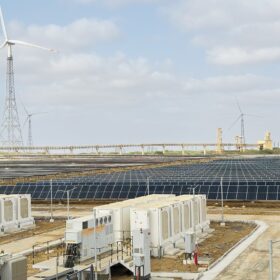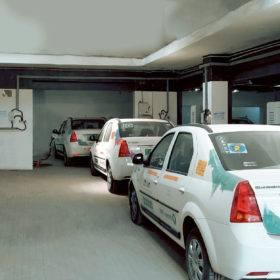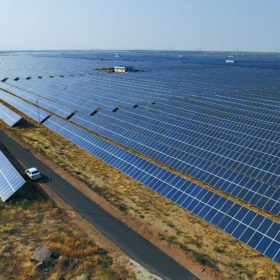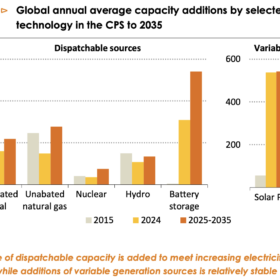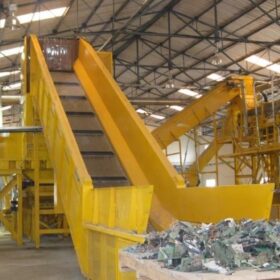Why battery storage is becoming non-negotiable for renewable-rich grids in India
As renewable capacity rises, the question is no longer whether India can generate green power. The real challenge is whether the grid can absorb it smoothly and deliver it reliably when people actually need it. This is where battery energy storage systems (BESS) are increasingly seen not as a luxury but as a core part of grid planning.
India could attract $4.1 trillion in green investments by 2047: CEEW
Around 92% of the required investments—about $3.79 trillion—would flow into the energy transition, spanning renewable energy, storage, clean mobility, and green hydrogen.
India installed record 4.9 GW rooftop solar in 9M 2025, says Mercom
India added a record 4.9 GW of rooftop solar capacity in the first nine months (9M) of calendar year (CY) 2025, with 2.1 GW installed in Q3 alone.
India adds ‘record’ 20.1 GW renewable energy capacity in 5M FY26: A paradigm shift and its impact
India’s energy story has moved beyond ambition to acceleration. Between April and August 2025, a 123 percent YoY jump in renewable energy capacity additions is not just a headline, it’s a signal of structural maturity, industrial resilience, and policy coherence. If the country sustains this trajectory through FY26 and FY27, it could well emerge as the world’s third-largest market for renewable deployment, behind only China and the United States.
REMCL awards 1 GW round-the-clock renewables at INR 4.35/kWh
Railway Energy Management Co. Ltd (REMCL) has concluded its tender for 1 GW of round-the-clock (RTC) power from renewable energy projects backed with or without energy storage at a price of INR 4.35/kWh.
“Renewable energy emerging as India’s next big jobs engine”
Balasubramanian A, senior vice president at TeamLease Services, shares insights on workforce requirements, skill gaps, and the key trends shaping India’s renewable energy industry.
How homegrown players are leading the charge in green mobility
India’s journey toward electric mobility is not just about reconnecting with a global trend, it’s a movement rooted in the spirit of Aatmanirbhar Bharat and Make in India. What makes our transition extraordinary isn’t just the scale, but the fact that we’re building this transformation from the ground up.
What can South Korea learn from India’s rapid solar deployment?
Korean policy analyst focusing on solar power plant siting and permitting, Daun Kim, has reported on her recent trip to India’s Bhadla Solar Park. The analyst highlights how clear siting policies and streamlined permitting helped India scale renewables, something that South Korea can learn as it pursues a 100 GW renewable energy target by 2030.
IEA warns global solar growth may plateau at 540 GW annually to 2035
The International Energy Agency (IEA) said global solar capacity additions are projected to average 540 GW a year through 2035, as outlined in its World Energy Outlook 2025 report.
From waste to resource: Recovering critical minerals for solar and EV batteries
As India ramps up solar installations and EV deployments, the volume of end-of-life components will grow rapidly. If these are treated simply as waste, we create new environmental burdens and miss a chance to recover value. If, instead, they are viewed as sources of supply, they become part of the solution.

